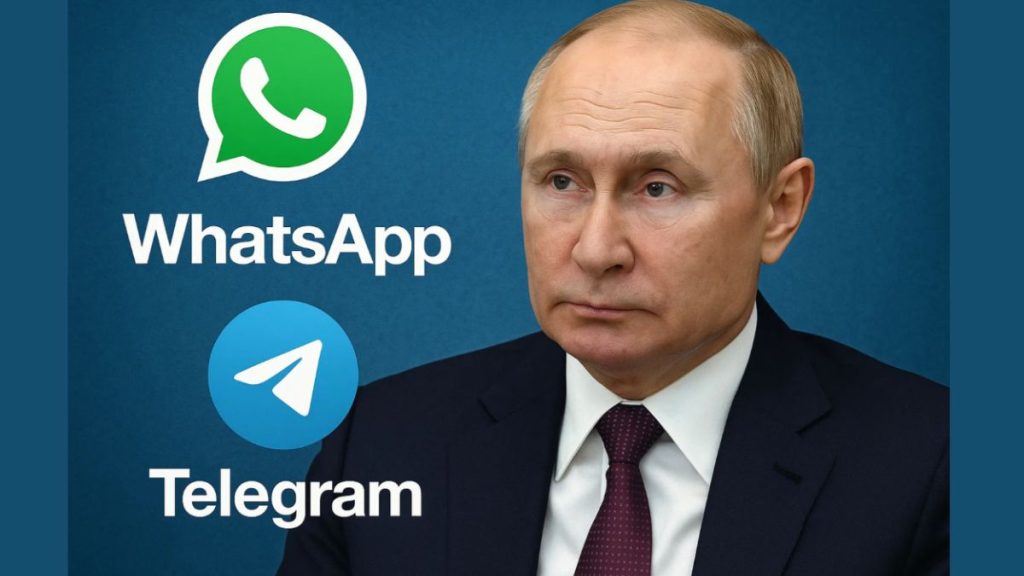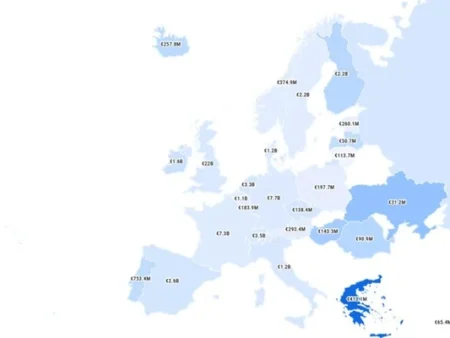Recently, Russian lawmakers approved the development of a state-backed messaging app closely integrated with government services. This is as Moscow strives to reduce its dependency on platforms such as WhatsApp and Telegram.

Russia has long sought to establish what it calls digital sovereignty through promoting home-grown services. Its push to replace foreign tech platforms became more urgent as some Western companies pulled out of the Russian market. This follows February 2022 invasion of Ukraine by Moscow.
Anton Gorelkin, deputy head of the information policy committee of the Russian parliament, said the app would offer messaging and calls. He added that it would include other features that Telegram and Meta’s WhatsApp do not have. His committee wrote the draft legislation.
On Telegram, Gorelkin wrote that the main competitive advantage of the platform will be the deep integration with government services.
The upper house of parliament still needs to approve the draft legislation. President Vladimir Putin must also sign it for it to become law.
Maksut Shadayev, Digital Development Minister proposed recently that integrating government services with a national messaging app at a meeting with President Vladimir Putin. This highlights the shortcomings of Russia in comparison to other countries in this area.
He praised the state-controlled tech company VK for developing home-grown services, including VK Video, Russia’s answer to Alphabet’s YouTube. He also noted that VKontakte, the company’s social media platform, is used by nearly 80 million Russians every day.
Stumbling to 94.9-billion-rouble or $1.21 billion loss in the previous year, VK has been spending heavily on making content, as well as improving its technical expertise to boost its audience.
Slower download speeds have made it harder for people in Russia to access YouTube. As a result, the platform’s daily audience dropped sharply in 2024. It fell from over 40 million users in mid-2024 to fewer than 10 million.


